Review: The Curious Incident of the Dog in the Night-Time
The Curious Incident of the Dog in the Night-Time
National Theatre/Mirvish
Based on the novel by Mark Haddon, adapted by Simon Stephens, directed by Marianne Elliott. At the Princess of Wales Theatre. Runs until November 19, 2017.
Marianne Elliott is considered one of the best directors in England today. With her strong vision, particular style, and incredible attention to the smallest details, she creates illuminating productions that always serve the play. The Curious Incident of the Dog in the Night-Time is no exception.
As the play opens, Elliott instantly brings us into the chaotic, noisy, flashing-lights-filled world of Christopher Boone, a fifteen-year-old mathematical genius with autism. Adrian Sutton’s percussive music blares, Paule Constable’s lighting pulses and throbs, and Bunny Christie’s black set of precisely drawn squares on the walls almost seem to move in all this distraction.
This bombardment lasts about fifteen seconds and gives us a visceral sense of the world Christopher lives in. But, to those around him, Christopher, played by Joshua Jenkins, is calm, articulate, and generally inexpressive. Only when the noise gets to him or someone tries to touch him does he go ballistic.
Jenkins beautifully conveys Christopher’s aloofness and isolation from those around him. He always seems preoccupied in his own world when someone is talking to him, and instead of listening does things like put Lego-like pieces together on the floor. He never laughs or smiles. His speech is clipped (no dropped endings to words for this kid), he gets impatient with turns of phrases that seem impossible (“in a pig’s eye” really frustrates him), and the figurative world with all its subtleties confuses him.
The rest of the cast—his mother, father, teacher, neighbours—sit on ledges around the set. They are always present, always quietly observing Christopher as he makes his way through life.
Christopher believes his mother, Judy, died eighteen months earlier, because that’s what his father told him. His father, Ed, played by David Michaels, is still picking up the pieces. As a single parent, Ed tries valiantly to have patience with Christopher, but he’s struggling. Christopher was just accused of killing his neighbour’s dog with a garden fork, which has set him off on a mission to find the real killer. But this is not a murder mystery. This is a play about an autistic kid taking control of his life.
Christopher is shown compassion and understanding by his teacher Siobhan, played with tenderness by Julie Hale, who is trying to teach Christopher how to be more independent. Judy appears throughout the play in a moving performance by Emma Beattie. She aches to touch or hug her son, but when she asks him if she can hold his hand, he says no. The cast is strong overall except for the one-note angry performance of Oliver Boot as Roger Shears, the estranged husband of Christopher’s neighbour. He is furious in every scene. These are jarring moments in an otherwise fine production.
Playwright Simon Stephens has taken Mark Haddon’s quirky book and adapted it to the stage in his own inimitable way. Stephens is interested in the characters who don’t quite fit in, who are oddballs on the edge of society, but who still function. By illuminating Christopher’s alienation and isolation, the audience naturally embraces him. Stephens has beautifully captured Christopher’s matter-of-factness, his watchfulness, and his perceptions of the world—perceptions the audience comes to share and understand. Just as Judy wants to hug her son or even hold his hand, by the end the audience does too.
For tickets or more information, click here.

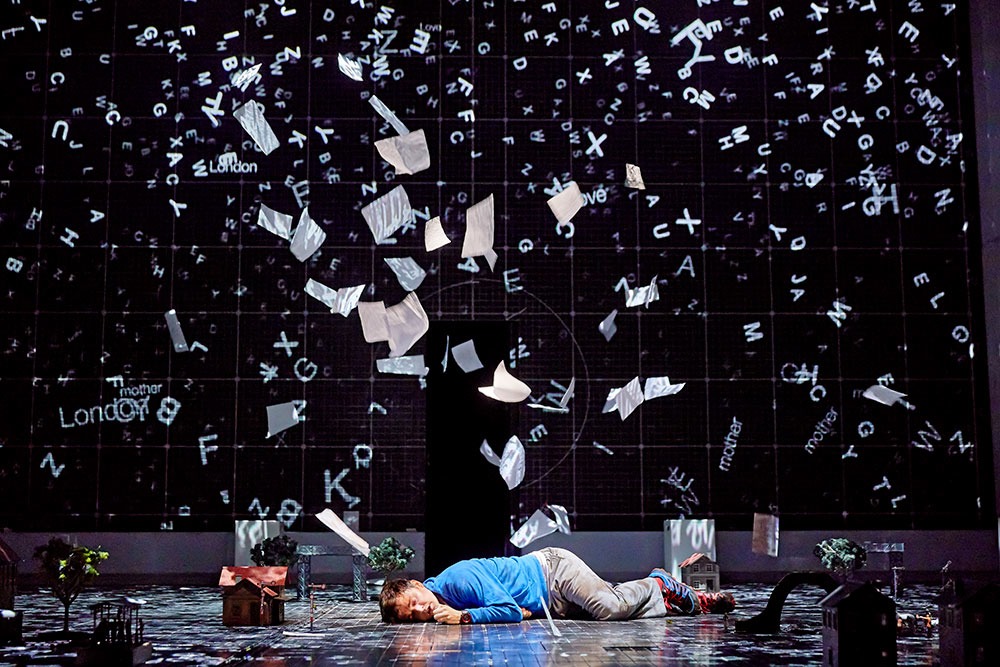







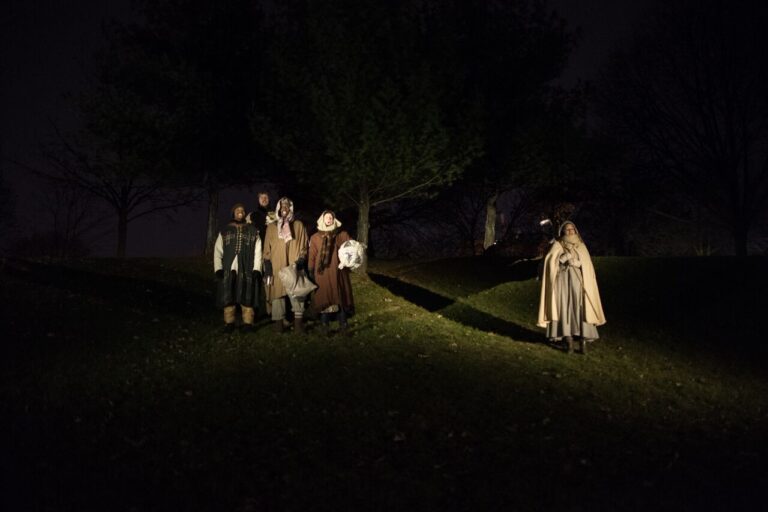

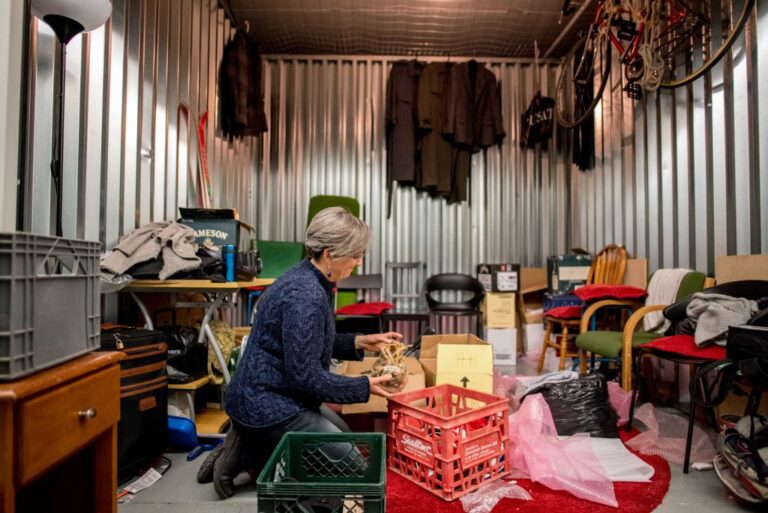
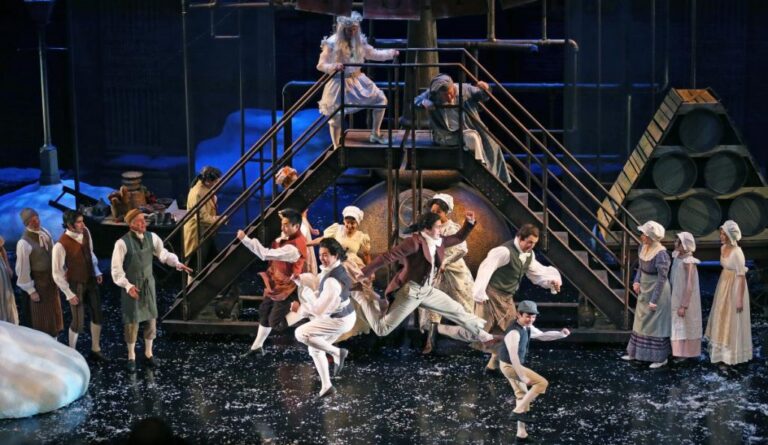
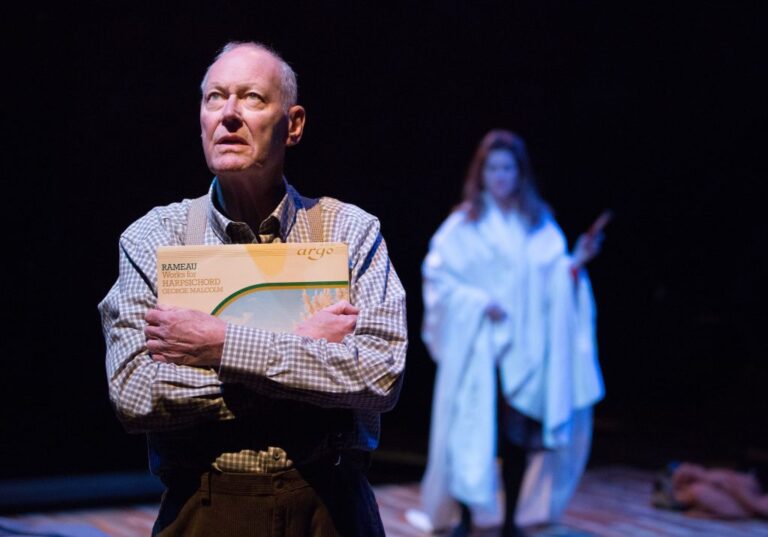
Comments